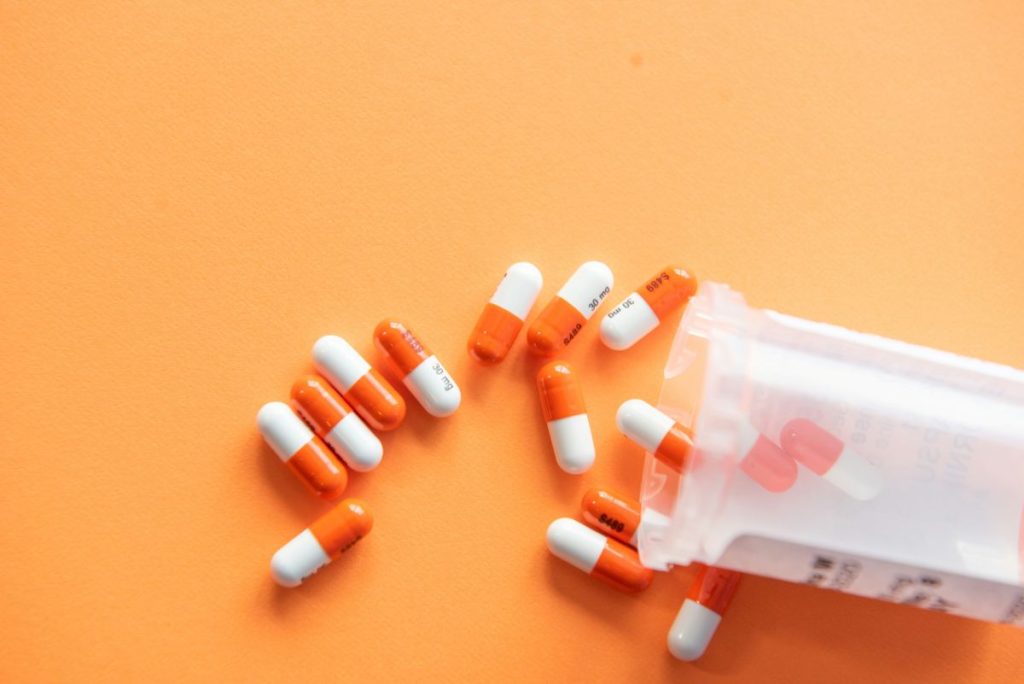Pharmaceuticals could soon join the growing list of goods facing U.S. tariffs, with President Trump signaling a clampdown aimed at boosting domestic drug manufacturing—though the impact on global supply chains remains uncertain.
Pharma Tariffs on the Horizon, But Details Remain Sparse
President Donald Trump announced plans Tuesday to impose “a major tariff on pharmaceuticals,” hinting at a swift move to target overseas drug manufacturing. Speaking at a Republican fundraising event, Trump said the measure would encourage drug companies to return production to the U.S., calling the American market “the big market” that global firms won’t want to lose.
Although pharmaceuticals were previously excluded from the wave of tariffs introduced this month, the sector now appears squarely in the administration’s sights. Trump did not specify the timing or the scope of the upcoming duties, nor which products or countries would be most affected. However, he singled out China as a central concern, accusing past presidents of letting Beijing gain the upper hand.
The proposal mirrors other sector-specific tariffs under Trump’s trade agenda, such as those on auto parts, steel, and aluminum. Yet pharmaceutical supply chains are more complex and heavily regulated, raising questions over how swiftly companies could adapt—if at all.
Industry Braces for Disruption, Questions Domestic Readiness
Drugmakers have long warned that sudden tariff shifts could do more harm than good, particularly when it comes to cost and access. David Ricks, CEO of Eli Lilly, recently told the BBC that the industry is “at a pivot point” and warned the move could dampen research spending and trigger layoffs. While companies like Lilly have already invested heavily in U.S. facilities, many others, especially those producing generics, rely heavily on ingredients sourced from China and India.
A tariff-led price increase on low-margin essentials—like antibiotics—could ripple through hospitals and healthcare systems, particularly if domestic production isn’t ready to fill the gap.
The legal basis for the move also faces scrutiny. Trump is leaning on emergency powers and national security provisions to enact the tariffs, a strategy that’s already drawn legal challenges. A Florida firm, backed in part by conservative donor Charles Koch, is suing the administration over the scope of presidential tariff authority.
On Wednesday, Trump increased tariffs on Chinese imports to 125% while pausing many other country-specific measures. A new baseline 10% tariff will now apply more broadly—another sign of the administration’s evolving trade playbook.
The prospect of drug tariffs is a flashing red light. The U.S. may be a key market, but supply lines built over decades can’t pivot overnight. Expect further instability in sourcing strategy, and keep a close eye on downstream cost impacts—especially in categories like generics where margin pressure is already high.







